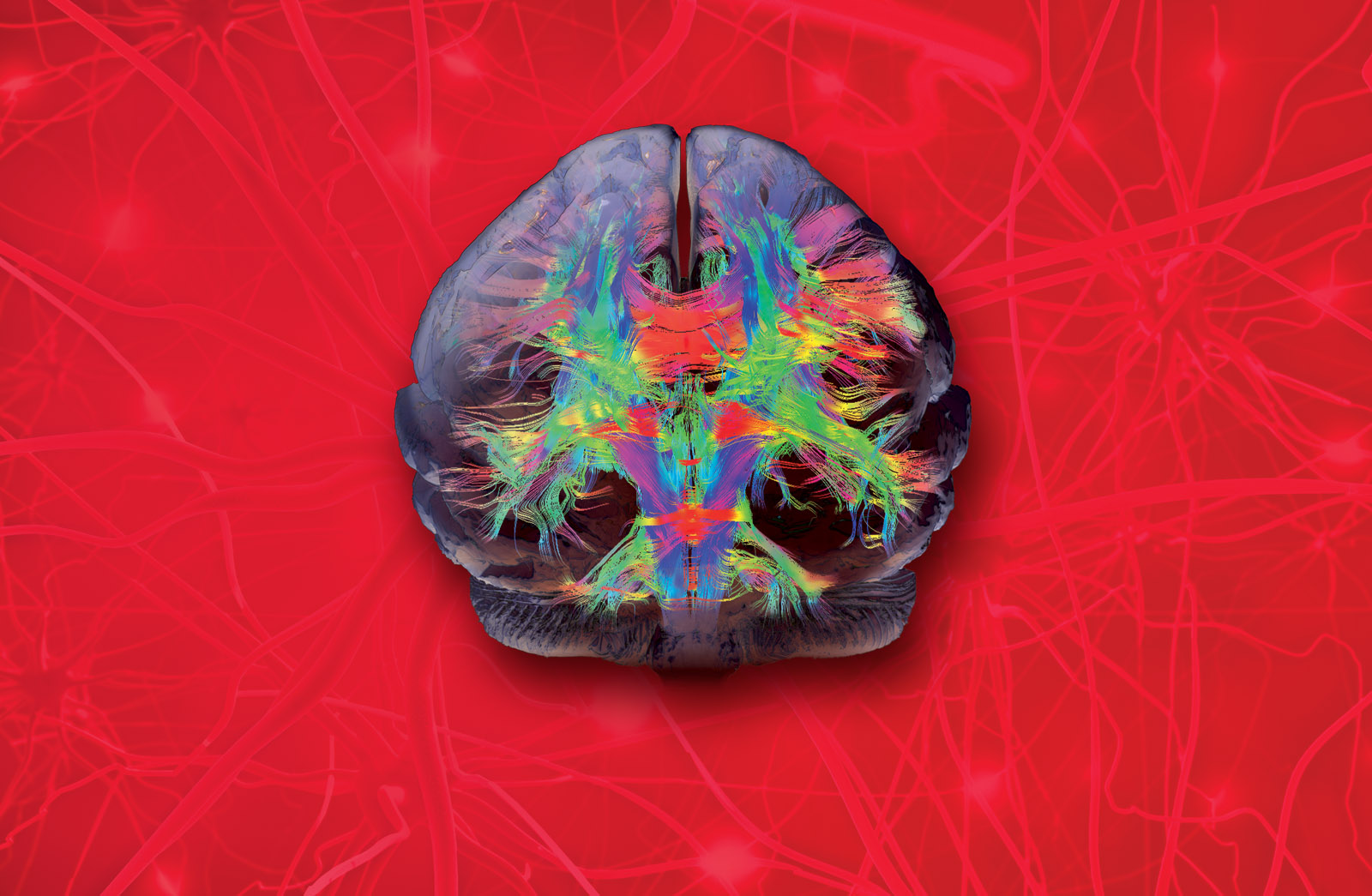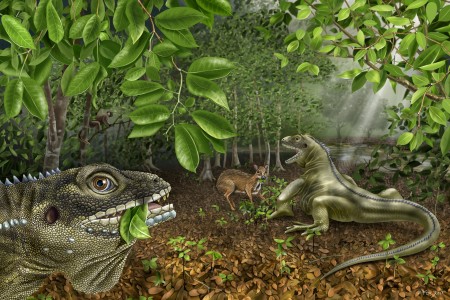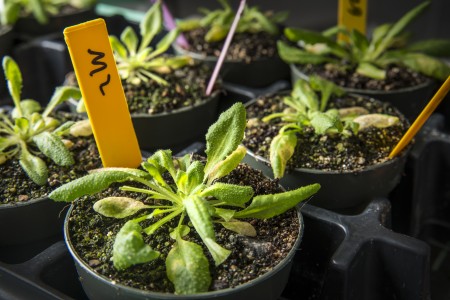
 2012-2013 Report Home
2012-2013 Report Home
 Innovative Collaborations Drive Success
Innovative Collaborations Drive Success
 Unraveling Secrets of Brain, Biology and Behavior
Unraveling Secrets of Brain, Biology and Behavior
 Research, Athletics Partnership
Research, Athletics Partnership
 Understanding Impact of Toddler Sleep Habits
Understanding Impact of Toddler Sleep Habits
 For Nonparticipants Voting May Be Too Stressful
For Nonparticipants Voting May Be Too Stressful
 Collaborating on Nanoelectronics
Collaborating on Nanoelectronics
 Aftercare Critical for At-risk Teens
Aftercare Critical for At-risk Teens
 Reporting Key to Preventing Violence
Reporting Key to Preventing Violence
 Defense-related Research Expanding
Defense-related Research Expanding
 Book Opens Cather Letters
Book Opens Cather Letters
 Pioneering New Era for Literary Scholarship
Pioneering New Era for Literary Scholarship
 Lizard Fossil Reveals Climate Clues
Lizard Fossil Reveals Climate Clues
 Innovation Campus Emerging
Innovation Campus Emerging
 Research Leading to Water-wise Sensor
Research Leading to Water-wise Sensor
 Bolstering Plants’ Defenses
Bolstering Plants’ Defenses
 Seeking Salt-tolerant Rice Genes
Seeking Salt-tolerant Rice Genes
 Investing in Math Teachers Adds Up to Success
Investing in Math Teachers Adds Up to Success
 UNL-French Connection Creates New Composite
UNL-French Connection Creates New Composite
 Outstanding Postdocs Strengthen Research
Outstanding Postdocs Strengthen Research
 Hands-on Experience Instills Confidence
Hands-on Experience Instills Confidence
 Improving Rural Education
Improving Rural Education
 Developing Sensors to Enhance Rail Safety
Developing Sensors to Enhance Rail Safety
 NSF CAREER Awards Support Diverse Research
NSF CAREER Awards Support Diverse Research
 Research Highlights
Research Highlights
 Accolades
Accolades
 Financials
Financials
PDF Version





